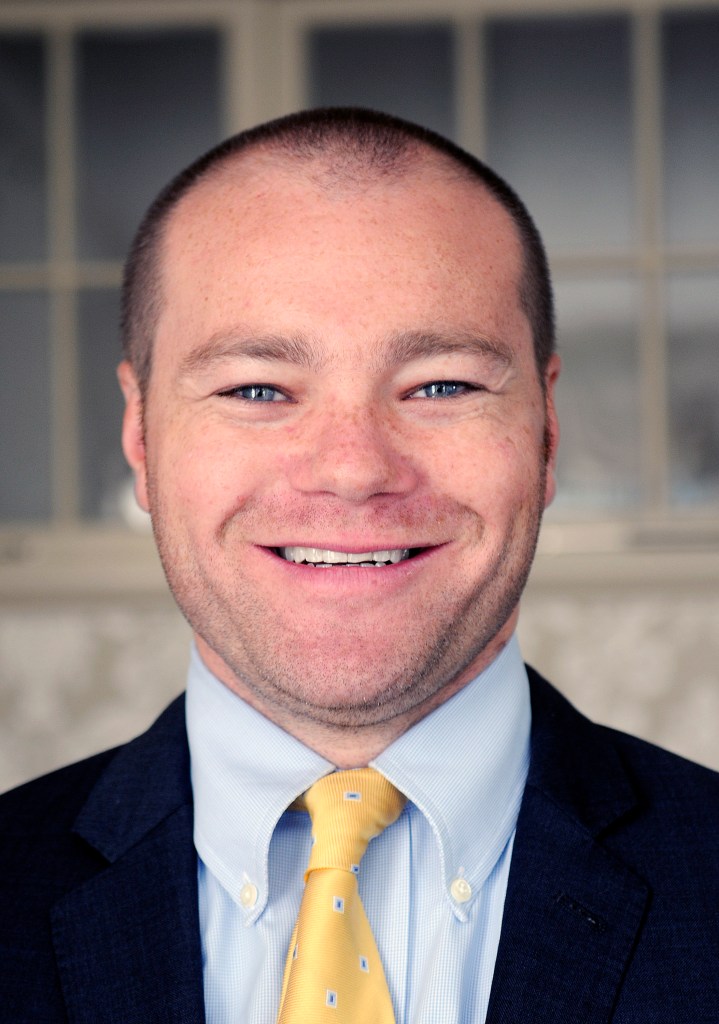Three high-level policy advisers to Gov. Paul LePage were among dozens of officials from around the country who gathered at a California resort in July 2013 for a Republican Governors Association policy forum that some of the nation’s biggest corporations paid up to $250,000 to attend.
Usually, politically oriented nonprofits closely guard their lists of donors and participants. But documents accidentally released by the RGA and publicized Thursday by The New York Times provide a rare look behind the curtain of “dark money” political organizations that don’t have to disclose the names of donors or the amounts they receive.
The three Maine state employees who attended – Patrick Woodcock, director of the Governor’s Energy Office, and policy advisers John Butera and Jonathan Nass – were not doing anything unethical or particularly unusual. But they were among dozens of government officials from Republican-led states who gathered to discuss the future of health care, energy, taxation, education and other key issues, with the companies that would be affected by the policy decisions they would return to their states to make.
Nass attended education-related discussions, while Butera attended economic policy meetings.
Some of the corporations – such as K12, which provides virtual school curriculum to states across the nation – have had dealings in Maine. Other companies ranged from car manufacturers and pharmaceutical corporations to Wal-Mart, Coca-Cola and Corrections Corporation of America, a builder of jails and prisons.
Woodcock, the only attendee from Maine who agreed to speak Thursday with the Portland Press Herald, said that meeting with his peers from other states is an opportunity to learn how other states tackle problems.
“It’s very helpful to know what energy programs are successful, which ones are failing. It is constructive to hear the experiences of other states,” Woodcock said. That companies spend lavishly to be there “does not effect my mission of helping Mainers with their energy costs.”
Woodcock rejected the idea that contact with corporate attendees could influence policy decisions in Maine, and said he saw programs that could be applicable in Maine, such as an initiative in Utah to fuel state vehicles with natural gas to lower costs.
Also valuable, Woodcock said, was a discussion of how the Environmental Protection Agency could respond to legal challenges to limits placed on greenhouse gas emissions.
Critics, however, say the groups lack transparency and are harmful to the political process.
“Democrats do it, Republicans do it,” said Bill Allison, editorial director at the Sunlight Foundation, a Washington, D.C., organization that advocates for transparency in government. “You see it at the state level, at the local level. Because of the way we fund our campaigns, politicians need the money to fund things, and the people who have that money usually want something in return. You don’t talk to a lot of people making minimum wage at a campaign fundraiser.”
To the Internal Revenue Service, such groups are considered social welfare organizations, carrying the 501(c)(4) identification, whose mission must primarily focus on promoting the common good and general welfare of the communities they serve. Citizens United, the plaintiffs in landmark 2010 decision by the U.S. Supreme Court that opened the flood gates to political spending by corporations and other groups, was a social welfare group.
The Democratic Governors Association has a similar policy-minded nonprofit that hosts its own forum to connect politicians with donors who are willing to pay to be a part of policy conversations, and countless others exist without party identification.
“It’s not new, and it’s been going on for a long, long time,” said Viveca Novak, editorial and communications director at the Center for Responsive Politics. “The best way to drive it home is to look at something as simple as access. What average voter or donor of $200 gets to sit down and rub shoulders with their member of Congress, or let alone a high-ranking party official, or tell them what they think of environmental policy or insurance.”
Copy the Story LinkSend questions/comments to the editors.




Success. Please wait for the page to reload. If the page does not reload within 5 seconds, please refresh the page.
Enter your email and password to access comments.
Hi, to comment on stories you must . This profile is in addition to your subscription and website login.
Already have a commenting profile? .
Invalid username/password.
Please check your email to confirm and complete your registration.
Only subscribers are eligible to post comments. Please subscribe or login first for digital access. Here’s why.
Use the form below to reset your password. When you've submitted your account email, we will send an email with a reset code.